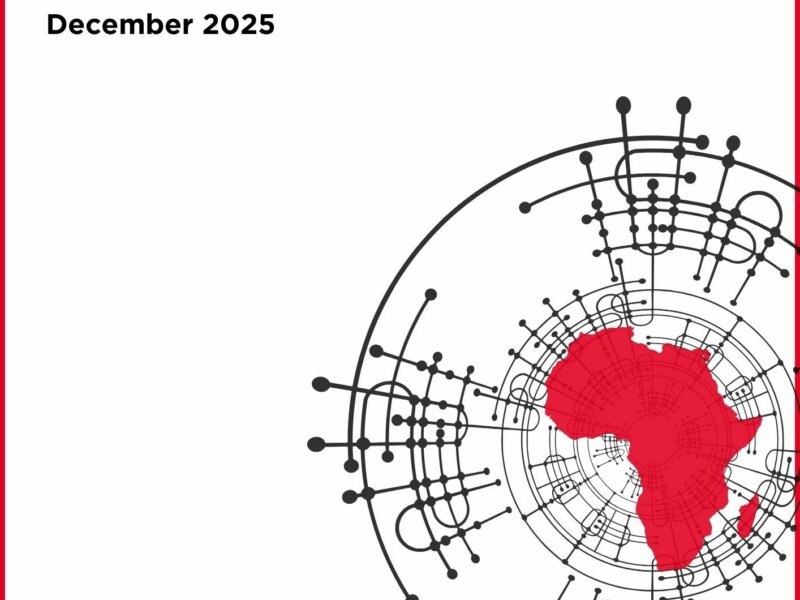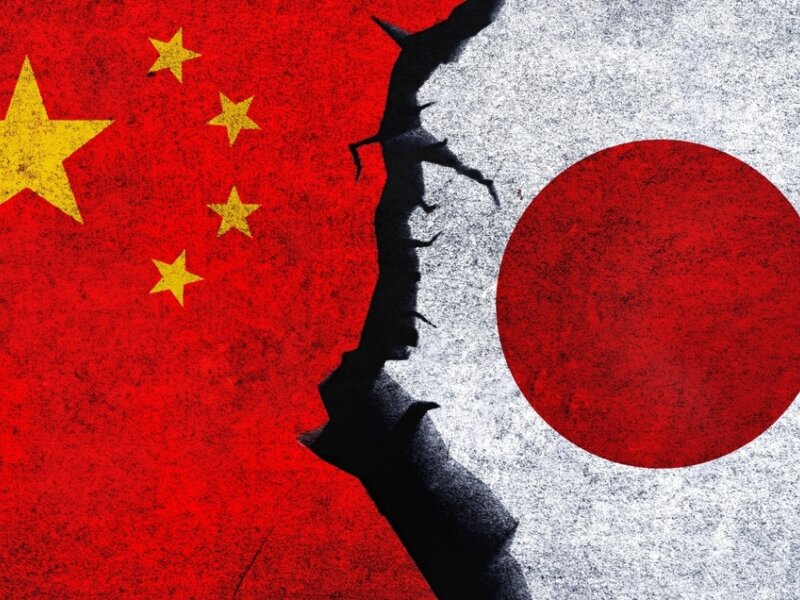The workshop “Climate Change and Natural Disasters in the Euro-Mediterranean Region: Security Impacts and Crisis Management”, organised by Med-Or in Rome, has come to an end.
The international workshop entitled “Climate Change and Natural Hazards in the Euro-Mediterranean Region: Security Impacts and Crisis Management”, organized by Med-Or in Rome together with the Ministry of Foreign Affairs of the Kingdom of Jordan with the support of the NATO SPS Programme, concluded.

The Med-Or Foundation recently hosted an important international event entitled “Climate Change and Natural Hazards in the Euro-Mediterranean Region: Security Impacts and Crisis Management” on 19, 20 and 21 November.
Organized with the support of NATO’s Science for Peace and Security Programme, with the scientific partnership of the National Institute of Geophysics and Volcanology (INGV), the workshop brought together international experts from 18 different countries, both members of the Atlantic Alliance (Italy, France, United Kingdom, Greece, Turkey, United States, Canada, North Macedonia, Norway, Spain, Portugal) and some partner countries (Algeria, Jordan, United Arab Emirates, Morocco, Egypt, Azerbaijan, Qatar).
In particular, this workshop, which was unique not only for the breadth of topics covered from both a scientific and a security perspective, but also for the large number of experts present, mainly from the countries on the southern shore of the Mediterranean, focused on the issue of environmental security, with a particular emphasis on the impact of climate change and catastrophic events on the security of the Mediterranean countries and NATO.
It was precisely the global impact and international importance of these issues that were discussed at the opening conference of the workshop on Tuesday 19 November. After the opening remarks by Andrea Manciulli, Director of Institutional Relations at the Foundation, and Massimo Khairallah Director of International Relations, a number of international guests spoke, including Abdullah Belhaif Al Nuaimi, Chairman of the Sharjah Consultative Council and former Minister of Climate Change and Environment of the United Arab Emirates; Lorenzo Cesa, Head of the Italian Delegation to the NATO Parliamentary Assembly; Frederic Gateretse-Ngoga, Ambassador, Senior Advisor for International Partnerships in the Office of the Commissioner for Political Affairs, Peace and Security of the African Union Commission; Mohammed Loulichki, Senior Fellow at the Policy Center for the New South; and Claudio Palestini, Head of Science for Peace and Security and Programme Management and Coordination Unit at NATO.
Radmila Šekerinska, a member of the International Board of Med-Or and former Minister of Defence of North Macedonia, was also due to attend the conference, but was unable to do so as she has been appointed Deputy Secretary General of NATO in the hours immediately before the workshop.
On Wednesday, 20 November and Thursday, 21 November, four working groups were held to explore some of the more specific aspects of the impact of climate change on security, as well as the highly topical issue of atmospheric disaster prevention and crisis management.
Based on the first working group, entitled “Climate Change, Natural Catastrophic Events and Environmental Crises: Root Causes and Potential Implications for the Security of the Atlantic Alliance”, the speakers Erika Coppola, Research Scientist at the Earth System Physics Section of the Abdus Salam International Centre for Theoretical Physics (ICTP); Olivia Lazard, Research Fellow at Carnegie Europe; Claudio Palestini, Head of Science for Peace and Security and Programme Management and Coordination Unit at NATO and Lijun Shang, Professor of Biomedical Sciences and Director of the Biological Security Research Centre at London Metropolitan University, provided perspectives on the causes and consequences of climate change at the scientific, environmental, socio-health, political and strategic levels.
Subsequent working groups focused on the more specific and technical aspects of climate change-related risks, crisis prevention and management. Workshop n.2 “Multi-hazard risk assessment related to climate change and natural disasters in the Euro-Mediterranean region: Planning National and International Risk Reduction measures” was attended by Jawad Al-Bakri, Deputy Dean for Scientific Research, Development and Partnerships at the Faculty of Agriculture, University of Jordan; Gry Ballestad, Director of Development and Humanitarian Cooperation at Norwegian People’s Aid; Francesca Bianco, Director of the Volcanoes Department at the National Institute of Geophysics and Volcanology (INGV) and Stéphane Guillot, Scientific Delegate at the French National Centre for Scientific Research (CNRS) for Risk Management and Sustainable Development.
The third working group, entitled “Environmental Crises and Natural catastrophic events: Crisis Management and Crisis Response Systems”, registered the interventions by Najib Abou Karaki, Professor of Geophysics (Seismology) at the University of Jordan; Abdullah Al Adaileh, Head of Media & Communication Section, Media Response Unit, at the National Centre for Security and Crisis Management of Jordan; General Nicola Piasente, Head of the Planning and Exercises Directorate at COVI; Leonardo Sartori, Programme Coordinator at the Euro-Atlantic Disaster Response Coordination Centre (EADRCC) and Salvatore Stramondo, former Director of the National Earthquake Centre Department of the National Institute of Geophysics and Volcanology (INGV).
Finally, in the fourth working group, “The use of satellite and digital technologies for preventing and countering natural hazards, including climate change-induced extremes”, the speakers were Ruba Ajjour, Head of the Climate Change Division at the Royal Scientific Society; Philippe Bally, Earth Observation Application Engineer in the Climate Action, Sustainability & Science Department of ESA’s Earth Observation Programme Directorate; Fabrizia Buongiorno, Director of Technological Research at the National Institute of Geophysics and Volcanology (INGV) and Coordinator of the INGV Centre for Earth Observation from Space (COS) and Massimo Chiappini, Director of the Environment Department at the National Institute of Geophysics and Volcanology (INGV).
During these workshops, the experts discussed the risks related to climate change and natural events in the Euro-Mediterranean region, focusing on the experience of Italy and Jordan, the countries hosting the event, but with important contributions from experts from other countries, from Northern Europe to the countries of North Africa and the Gulf to the Middle East. Possible strategies for the prevention of risks caused by climatic and natural disasters were also examined, including those exploiting digital and satellite technologies.
The theme of new technologies and scientific research, together with that of international and multilateral cooperation between the countries of the two shores of the Mediterranean to address the challenges to international security and stability posed by climate change, was the focus of the final debate of the event, during the closing conference on Thursday afternoon, entitled “Enhancing Environmental Security: International Cooperation, Technological Innovation and Scientific Research”.
Speakers at the event included Kais Abu Dayyeh, Ambassador of the Hashemite Kingdom of Jordan to Italy; Alessandro Azzoni, Deputy Director General and Principal Director for Security, Directorate General for Political Affairs and Security, Ministry of Foreign Affairs and International Cooperation; Carlo Doglioni, President of the National Institute of Geophysics and Volcanology (INGV); Claudio Palestini, Head of Science for Peace and Security and Programme Management and Coordination Unit, NATO; Marco Peronaci, Permanent Representative of Italy to NATO and Olivier-François Schott, Policy Officer for Climate Diplomacy, DG CLIMA, European Commission. At the end of the debate, the workshop was concluded with a closing speech by Anna Maria Bernini, Italian Minister for Universities and Research.



